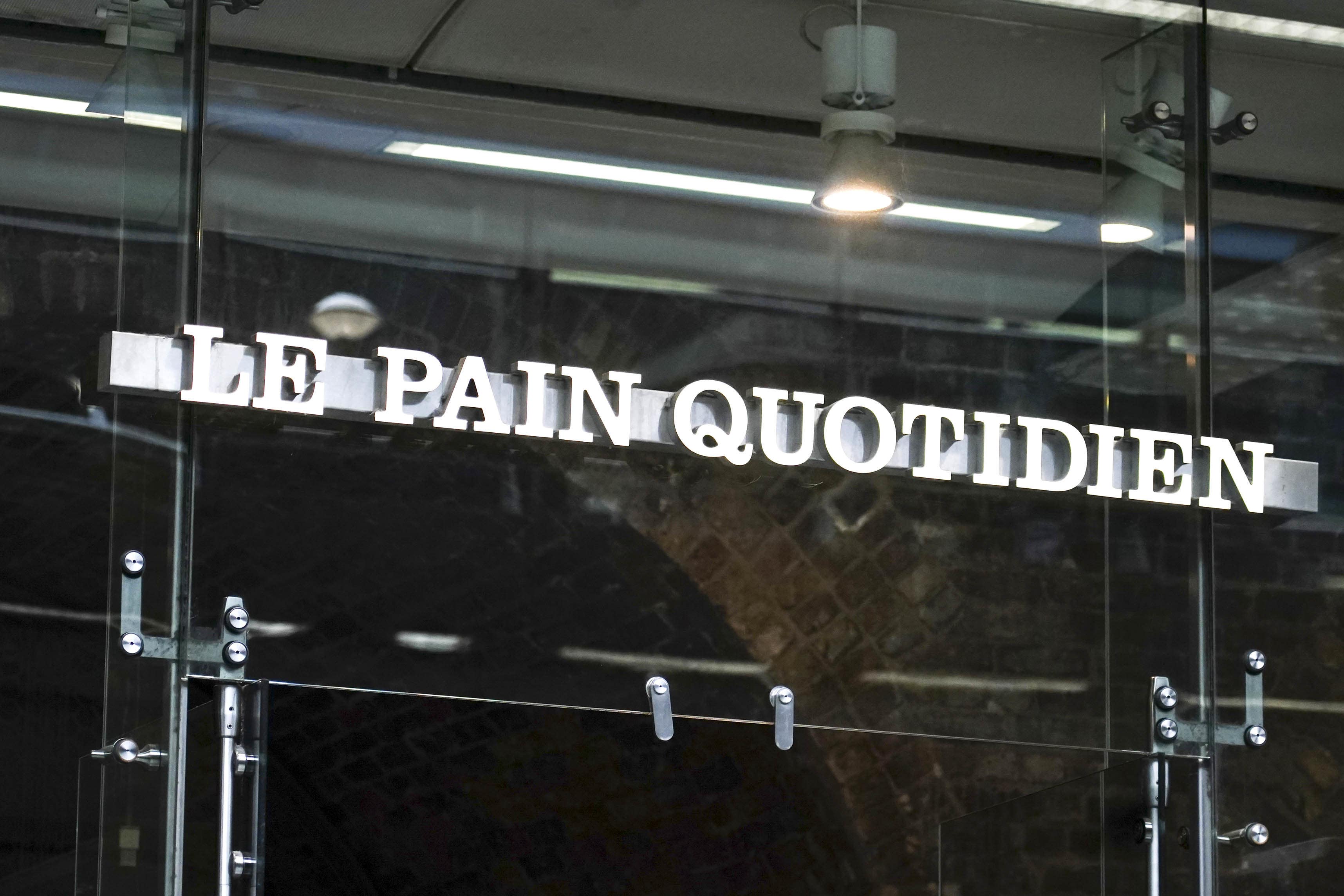Nine cafes shut and 250 jobs axed as Le Pain Quotidien enters administration
However, the site at London’s St Pancras railway station run by sister company SPQ Holdings Limited will continue to operate.

Your support helps us to tell the story
From reproductive rights to climate change to Big Tech, The Independent is on the ground when the story is developing. Whether it's investigating the financials of Elon Musk's pro-Trump PAC or producing our latest documentary, 'The A Word', which shines a light on the American women fighting for reproductive rights, we know how important it is to parse out the facts from the messaging.
At such a critical moment in US history, we need reporters on the ground. Your donation allows us to keep sending journalists to speak to both sides of the story.
The Independent is trusted by Americans across the entire political spectrum. And unlike many other quality news outlets, we choose not to lock Americans out of our reporting and analysis with paywalls. We believe quality journalism should be available to everyone, paid for by those who can afford it.
Your support makes all the difference.Bakery and coffee chain Le Pain Quotidien has closed all but one of its UK sites with the loss of 250 jobs after falling into administration.
BrunchCo UK, the company trading as the high street chain, has confirmed it hired administrators from Kroll.
Eight cafes in London and one in Oxford have shut as a result of the insolvency.
However, the Le Pain Quotidien site at London’s St Pancras railway station run by sister company SPQ Holdings Limited will continue to operate.
Administrators revealed that the chain was hit hard by lower London footfall following the pandemic as well higher costs to run the business.
We will be looking to realise value from the company’s leasehold interests and other assets
Sarah Rayment, global co-head of restructuring at Kroll, said: “Pressures on parts of the hospitality and casual dining sector have been well highlighted.
“Brunchco UK Limited, which is predominantly located in London, has suffered from reduced revenues as a result of decreased footfall in the capital, high rents and increased wage costs.
“As part of the next steps of the insolvency, we will be looking to realise value from the company’s leasehold interests and other assets.”
It comes around three years after the cafe chain previously entered administration, with 11 sites shutting and 200 jobs lost as part of a rescue deal following the heavy toll of the initial Covid-19 pandemic.